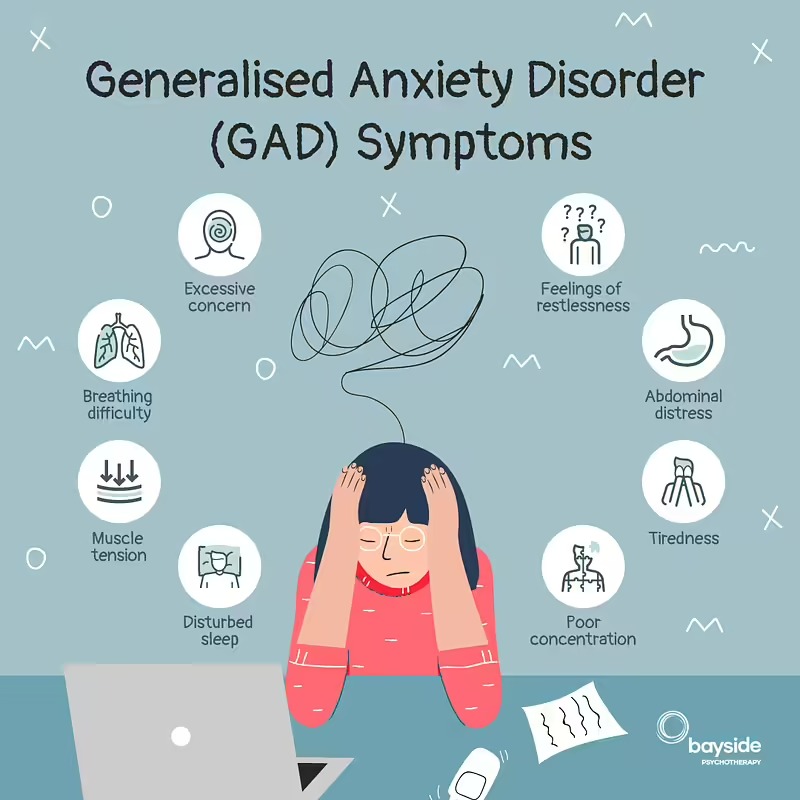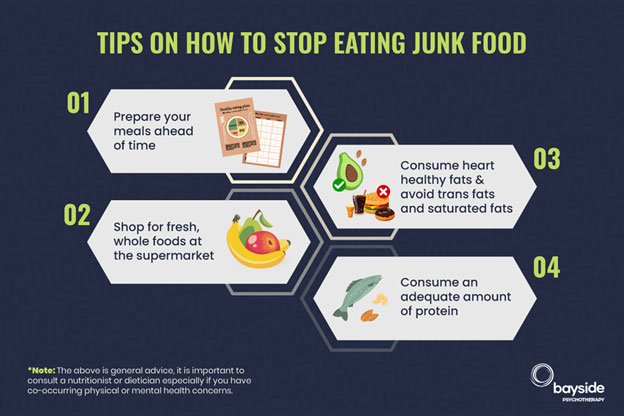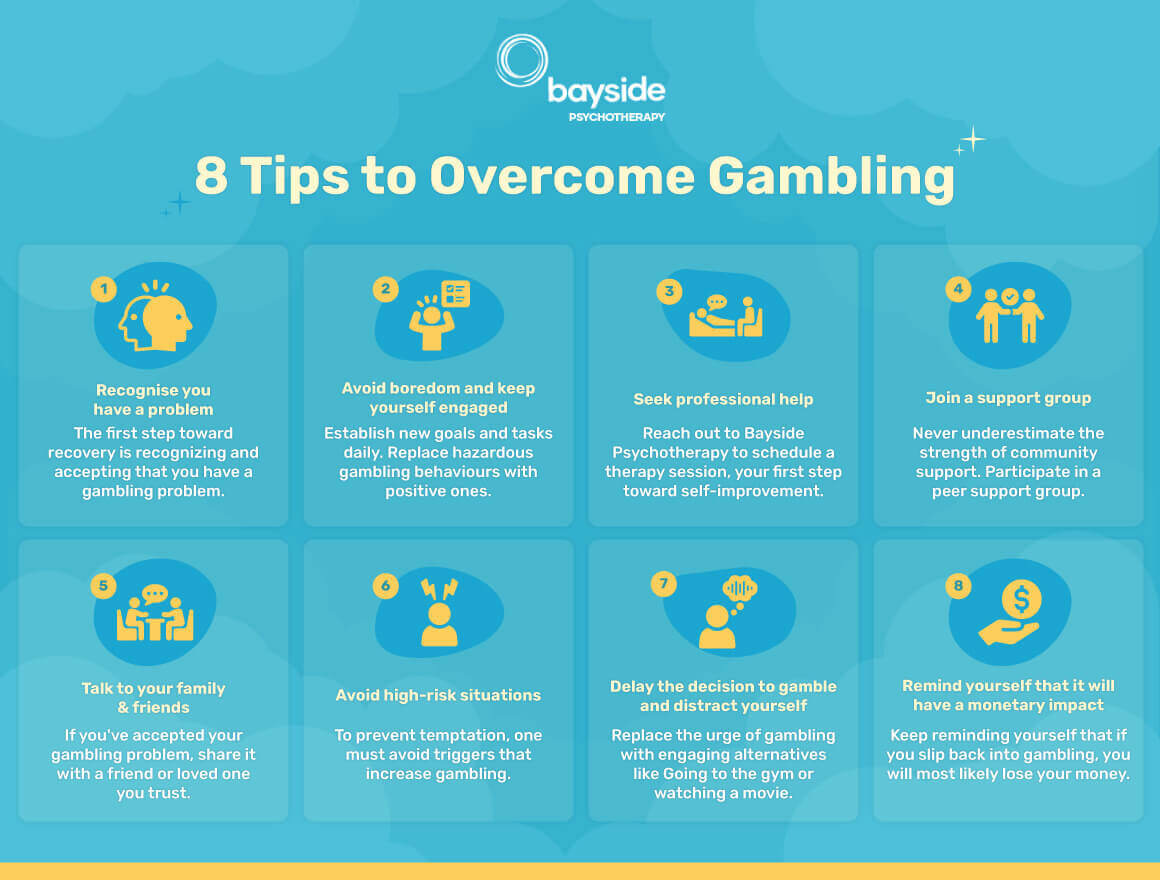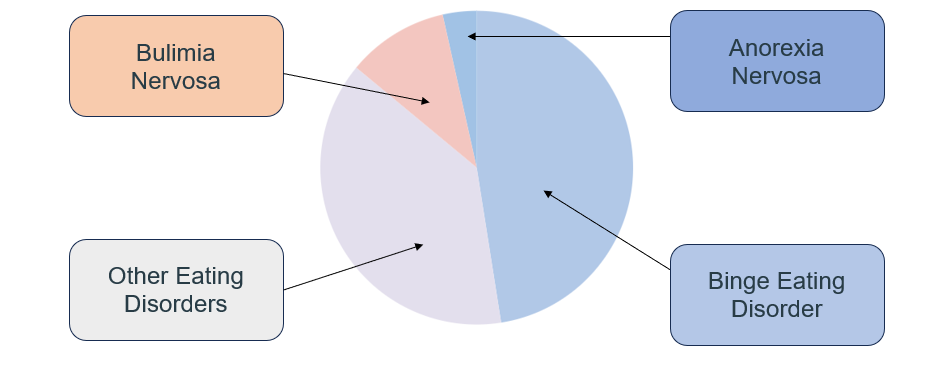How to meditate and why should I?
Meditation is a centuries old experience that can help to generate feelings of inner peace and clarity and promote physical relaxation and optimal health. In recent times meditation has been pushed into the spotlight under the umbrella term of mindfulness which has become popular in psychology and counselling circles.
Meditation involves bringing your attention firmly to your body or your mental processes. It invites individuals to focus on what they are experiencing on a physical or psychological level and to simply notice what is happening without attaching meaning or judgement to sensations, thoughts and feelings.
How do I meditate?
While meditation does not have to be done in a stationary position, most people on beginning a meditation practice choose to do so with their eyes closed while seated comfortably or laying down.
Once you’ve decided on a location for your meditation practice, try to ensure you won’t be distracted or interrupted and arrange for the room temperature to be comfortable.
To improve your ability at sustaining attention to the body or mind, focus on your breathing. Bring your attention to the small fold of skin below your nostrils and above your upper lip and focus on feeling your breath flow over this part as you inhale and flow over this part as you exhale. If your mind wanders or you get distracted, simply re-focus your attention on the sensation and experience of breathing without scolding yourself.
Try and engage in this process for gradually longer periods of time building up to 30-45 minutes per day.
As your practice continues and develops, you may start to notice a pattern of physical sensations that arise or a train of thoughts or set of feelings that continue to enter your mind. Try to remain aware of these experiences without judging them or trying to decipher a deeper meaning. Such reflections are useful after meditating and often can be better understood through writing them in a private journal or discussing them with a therapist if they are causing concern.
Why should I meditate?
The physical and psychological benefits of meditation continue to expand and receive research attention. Individuals who engage in mindfulness and meditation tend to experience fewer mental health problems, including depression and anxiety, have a greater sense of wellbeing, derive greater enjoyment from their relationships and work and are better equipped to weather the storms of life and move through negative feeling states more quickly and more confidently. Meditation and mindfulness through their focus on the mind and body, can be engaged in anywhere anytime which makes them a wonderful resource for managing stressful scenarios or helping us calm our emotions when we get wound up. Over time meditation also induces a wisdom infused perspective on life whereby disappointments can be reflected upon in a more realistic and philosophical way. It can also help us to direct our mind and inner resources and energy towards occupational and recreational goals that are important. Meditation and mindfulness promote better sleep, fewer heart problems and optimal digestive functioning.
To put this in to real terms, imagine we have a fitness goal that we can’t surpass simply by training the body; meditation may not have been the first strategy to cross your mind when dealing with an exercise plateau, but it can be extremely valuable and help you move forward with your goals. Engaging in a regular meditative practice has been shown to decrease on-going stress levels, thereby providing the opportunity for more energy and better focus on your fitness goal. Many famous athletes use meditation tactics and techniques including visualisation. Kieren Perkins, Winner of 2 Gold Medals at 1992 and 1996 Olympic Games was quoted saying “I have been visualizing myself every night for the past four years standing on the podium having the gold placed around my neck.” Strengthening and supporting your mind is a great way to achieve your goals! However mindfulness proper (like psychoanalysis), is not intended to achieve anything other than relinquishing obsessive internal demands to achieve goals, which can paradoxically sometimes lead to desired outcomes.
A cautionary note
People prone to obsessional thinking, are usually hooked on their thoughts (despite purporting to want to be free from such incessant thoughts). Such obsessive fixations of thought processes unsuccessfully attempts to prevent the person from feeling out of control or vanishing. Some obsessive people are attracted to meditation practices which for the most part only lead to more fixations and isolation, even if relaxing. A successful course of psychotherapy requires a relinquishing of such control, via speaking openly (especially about aspects one regards to be shameful), in a most unique way (free association), via a letting go of apparent control of thought and instead, freely speaking, without thinking. Meditation for such people, in a way can therefore either be helpful, or otherwise used defensively, which is highly problematic. Meditation for people who live a lot in their head as it were, therefore, might want to consider that meditation is probably best practiced in conjunction with psychotherapy to ensure its application is fostering a sense of spontaneity and letting go rather than more rigidity and isolation (under whatever self deceptive rationalisation chosen to justify the obsessive defense, such as so called self reliance, independence etc).
Here are a couple of blogs written on this topic you might find useful:
Choosing the right therapist: The 5 mo...
Choosing the right therapist can be difficult. Different problems and diff.
Creating Healthier Workspaces: How str...
Employee mental health is pivotal to overall workplace wellbeing, impacting individual performance, job satisfaction, and organ.
From High Stakes to Healing: 8 Tips To...
Gambling activities have become more accessible and convenient due to the proliferation of casinos and the rapid growth of online gambling platforms. Mo.
An Examination of Bulimia Nervosa Amon...
Bulimia nervosa is a serious eating disorder that can significantly impact an individual's physical and psychological health. Characterised by recurrent.











